My query requires me to find the number of people positive and their infectious periods which is plus and minus 2 weeks. In my query below I keep getting null in my 2 weeks Timestamp
select PersonID, f_name || ' ' || L_name as 'Citizen', Timestamp, datetime ('Timestamp', '+2 Weeks')
from person natural join Testing
where Results is 'Positive';
What is wrong with my equation and why won't it add the 2 weeks in the next column?
In DB browser this is the format I have to use for datetime.

